COS News
News
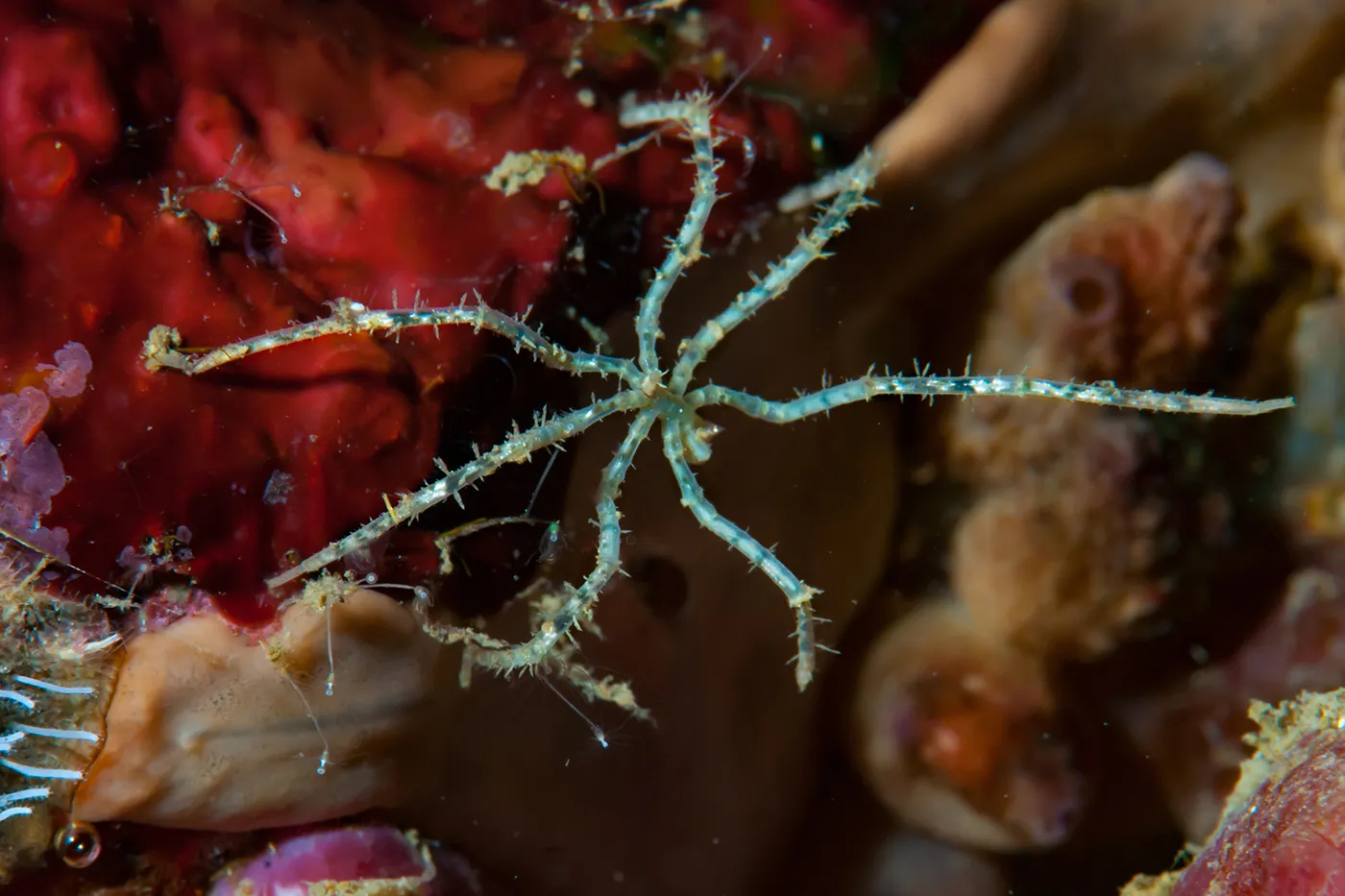
Connie Phong wants to know how an animal adapted to live in a highly specialized environment — just below the freezing point for seawater — responds to warming oceans.
How Northeastern scientists are using Antarctic sea spiders to study life on the edge
News

Fleury Augustin Nsole Biteghe has identified a way to target two of the deadliest cancer types with chemotherapy drugs but without the harms associated with chemotherapy.
Northeastern researcher uses light to target and kill cancer cells
Showing all results
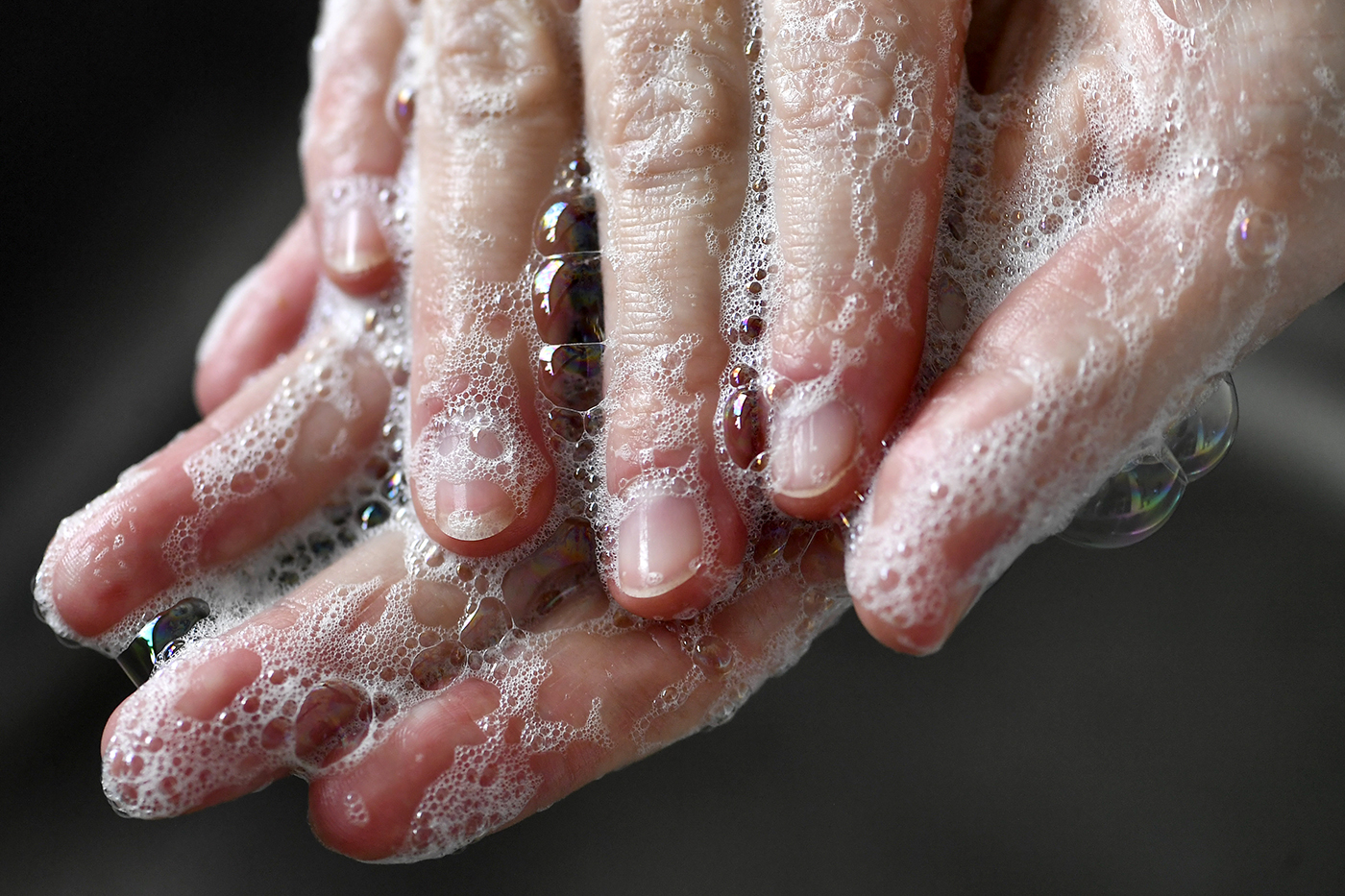
Here’s Why Washing Your Hands With Soap for 20 Seconds Protects You From Covid-19
In soap lather, a combination of molecules assemble into bubble-like structures that trap viral matter and other biomaterials—grease, oil, dirt—and rinse them down the drain, says Thomas Gilbert, associate professor of chemistry and chemical biology at Northeastern.
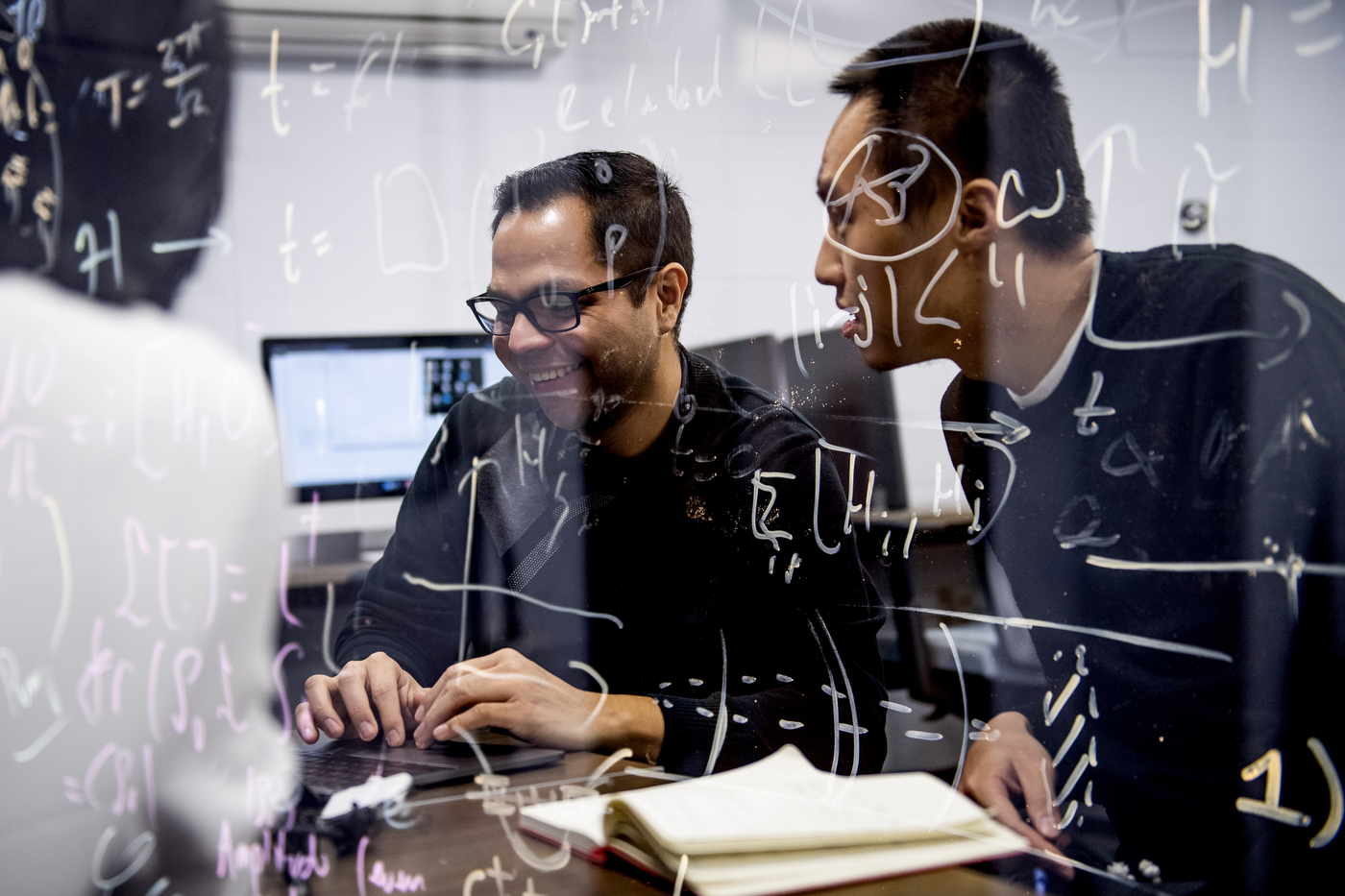
Scientists Are Baffled by This Magnet. Shooting It With Lasers Might Help.
Faster electronics, better communication devices, more efficient ways to store data are just some of the outcomes that the researchers can think of - if magnetite’s puzzle of hidden powers could be figured out. Eventually, it lead to new ways to manipulate materials and improving electronics by harnessing the behavior of their electrons.
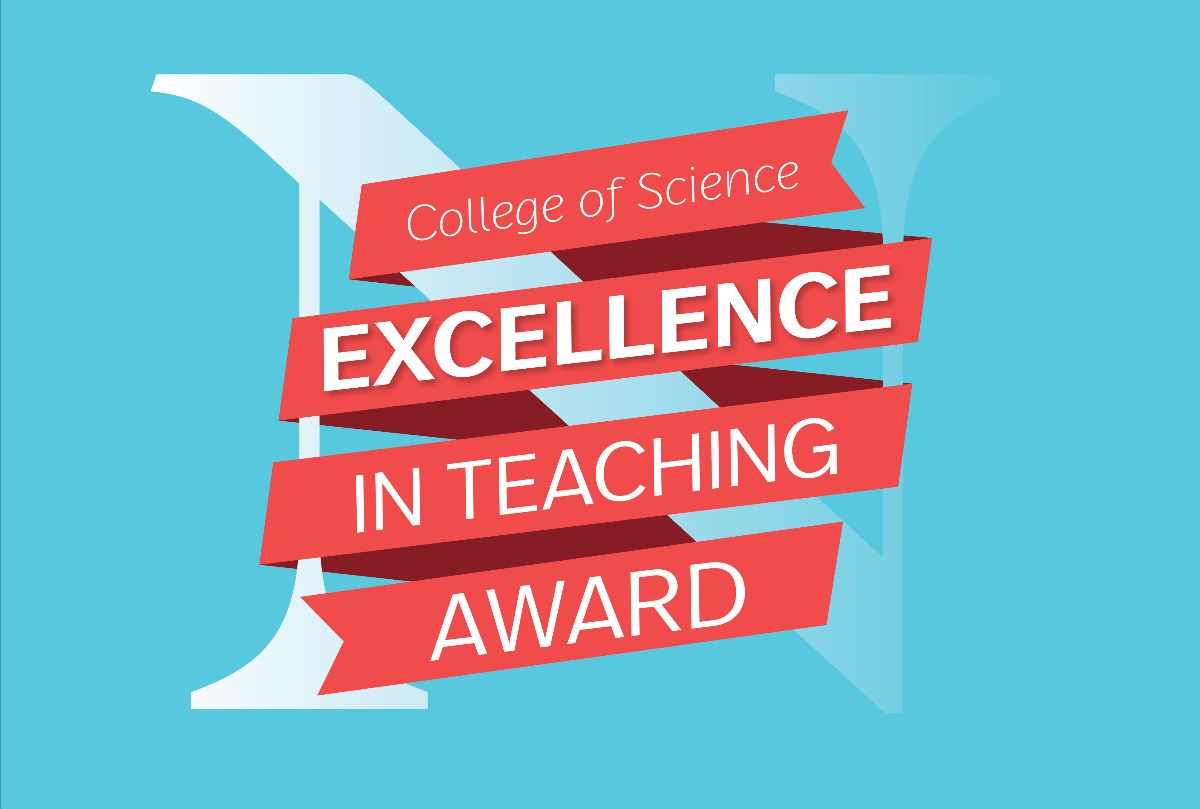
Recipients of the 2020 College of Science Excellence in Teaching Awards
Congratulations to Oyinda Oyelaran and Prasanth George, who have been named the 2020 COS Teaching Awards Recipients!
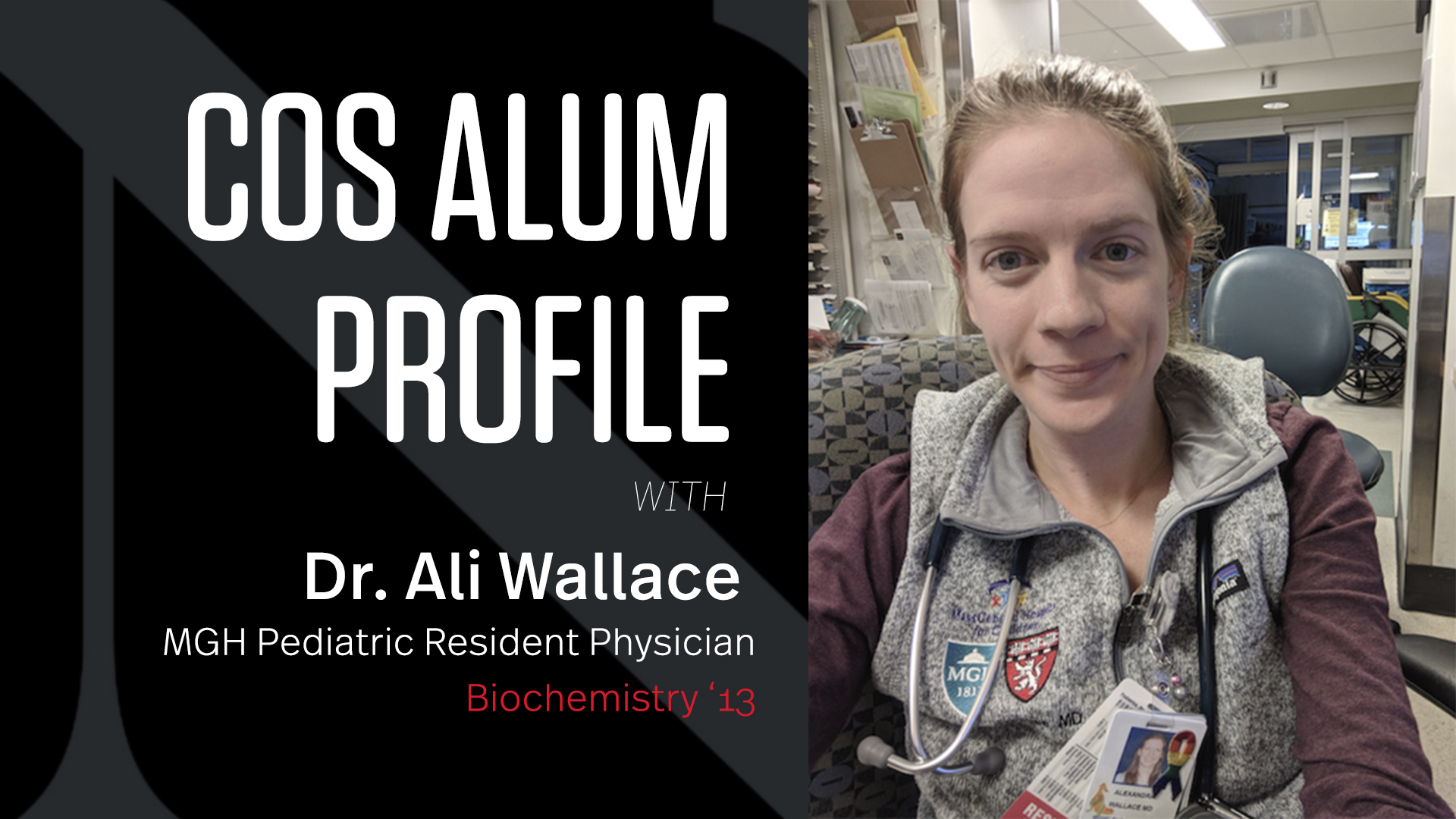
On the Front Lines of COVID-19 with COS Alumna Dr. Ali Wallace
The Biochemistry '13 alumna took time out of her busy schedule to give us an on-the-ground look at COVID-19 preparations at MGH and to discuss her formative experience here at Northeastern.
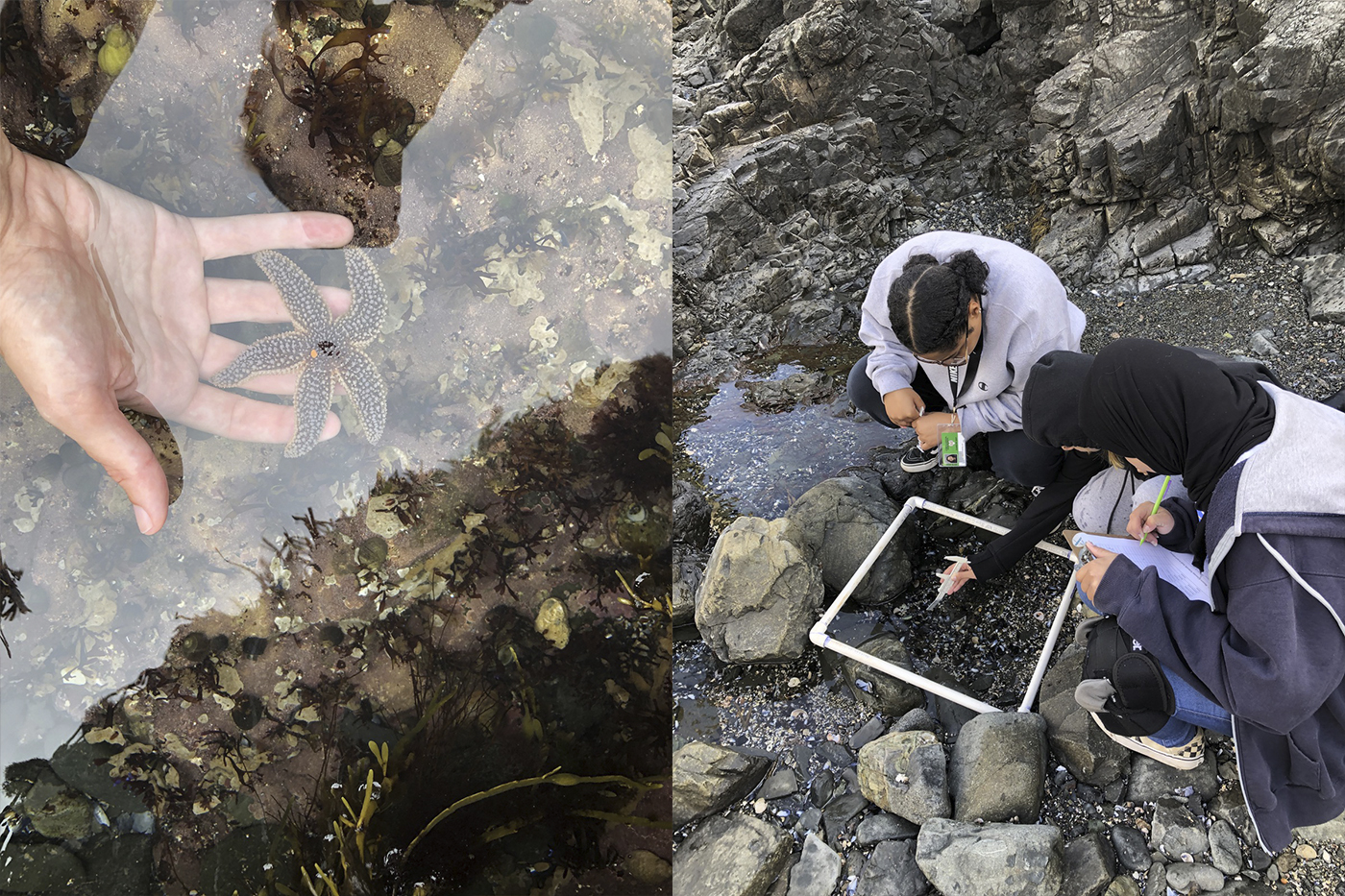
From “Eww” to “Whoa”: Reflections on our School to Sea Programs
As part of the School to Sea program, students from Lynn Public Schools had a chance to visit the Marine Science Center for some interactive learning, from touch tanks to Moon Snails.

Physicists May Have Accidentally Discovered a New State of Matter. The Possibilities Are Endless.
“Imagination is the limit,” says Swastik Kar, an associate professor of physics. “It could change the way we can detect and communicate signals. It could change the way we can sense things and the storage of information, and possibilities that we may not have even thought of yet.”
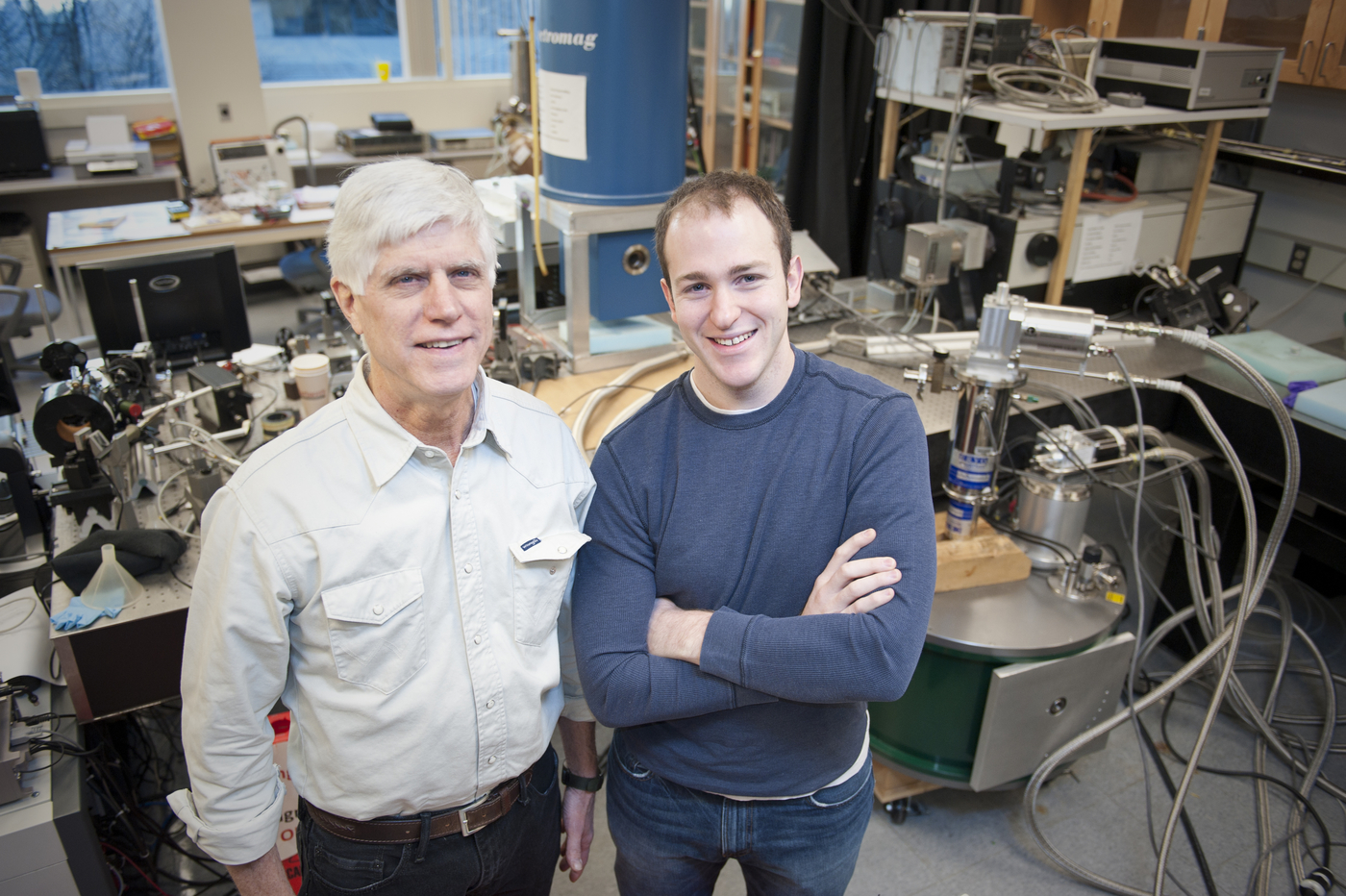
Both Insulator and Conductor, This Material Will Help Revolutionize Quantum Computing
Quantum computers represent an incredible leap in computing, but it's still in its infancy. Harnessing the power of spintronics, Professor Don Heiman is creating special materials to help make these computers more efficient, more accurate, and help usher them into the mainstream.

Childhood Trauma Changes Your Brain. But It Doesn’t Have to Be Permanent.
Neuroscientists at Northeastern are using rats to understand how trauma in infancy makes children, but especially girls, more likely to develop anxiety and other similar disorders later in life.

NASA Is Going Back to the Moon. Northeastern University Students Are Designing Robots to Explore the Terrain.
Some parts of the moon never see the light, but they are full of resources that NASA could mine to settle on the lunar surface and venture beyond. The agency selected a team of Northeastern students to develop robotic systems to help survey the darkest areas of the moon.
What Hidden Mysteries Lie Within the 15th-century Dragon Prayer Book?
When researchers unearthed a tiny, fragile prayer book hidden deep in Northeastern’s archives, they embarked on a journey to unlock its mysteries. Complex script, medieval music, and poisonous ink are among the discoveries.

Global Population, Climate, and Technology Are Changing Human Health. Here’s What We Can Do About It.
“We see how much the world is changing,” Northeastern student and Rhodes Scholar Kritika Singh told an audience of students, researchers, clinicians, and industry experts on Friday. “People, planet, and technology need to change along with it in order to have a healthier and safer world.”

Could Houses of the Future Be Made by Bacteria?
Imagine if we could grow a building the way coral polyps grow a reef, or if living cells in our clothes could break down sweat and body odor. It’s not science fiction, says associate professor Neel Joshi. It’s the future of scientific research.